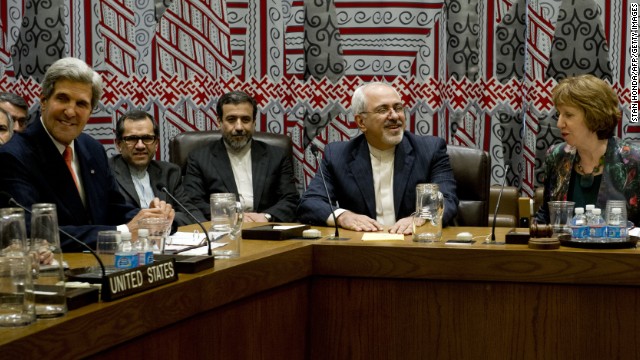Successful Iranian Nuclear Deal May Affect Global Oil Market
The possible success of the Iranian nuclear deal resulted to a reduction in oil prices since restrictions on Iranian oil exports may be lifted. Iranian oil is expected to add to the excess supply in the global market.
The sanctions are not the only obstacle for Western oil companies aiming to open up businesses in Iran. It remains to be seen if the deals made by Tehran are going to be profitable enough for these companies. Once a framework nuclear deal is achieved, it may result to an easing of sanctions on Iran. Iran currently holds around ten percent of the global oil reserves.
However, the Iranian oil industry has been troubled with mismanagement for the last ten years. The oil fields are also considered to be technologically-inefficient. Iran also does not have enough funds to develop new fields, which are considered to be among the largest in the world.
A number of Western companies that specialize in maximizing production of old oil wells may be among the companies that will work with Tehran once an Iranian nuclear deal is reached. These companies also have the cash to develop new wells. A number of companies have met Iranian officials to find out how they can enter the Iranian oil industry.
Among the companies that have met with the oil minister of Iran are Eni SpA of Italy, Royal Dutch Shell PLC and Total SA of France. On the other hand, ConocoPhillips Chevron Corp., and BP PLC were invited by Iran to start production in the Middle Eastern country.
US companies may have a difficult time in working in Iran. These companies were not allowed to work with Iran since the middle part of the 90s. It remains uncertain if they will be allowed to go back after an Iranian nuclear deal is finalized. Peter Harrell, the former US State Department deputy assistant secretary who took care of the sanctions of Iran, made this revelation. Even if US oil companies are allowed to return, it remains uncertain if they will work in Iran due to questions about human rights and terrorism, Harrell added.
Iranian Oil Minister Bijan Namdar Zanganeh revealed that the country can increase production by around 1 million barrels each day several months after sanctions are lifted. However, some analysts put the figure closer to 800,000. Iran is currently producing around 2.7 million barrels of oil each day.
Global oil markets may feel the effects of the entry of Iranian oil. Brent crude is currently trading around $55 per barrel, which is less than half the price of the commodity last summer. Once the framework of the Iranian nuclear deal is announced oil prices are expected to go down by 2 percent at the New York Mercantile Exchange.
The oil industry of Iran has been neglected during the term of President Mahmoud Ahmadinejad. A good number of contracts were given to companies linked to the Revolutionary Guards and Chinese companies. These companies have not made much headway in the development of critical projects.
However, President Hasan Rouhani made some changes following his election in 2013. He tapped the experience of Bijan Namdar Zanganeh, who became the country’s oil minister. An overhaul of the entire industry was implemented by Zanganeh as he placed experienced technocrats in critical positions within the industry. He also emphasized the importance of Western technology and finances in reviving the oil industry of Iran.
The oil ministry of Iran is currently preparing contracts to entice Western companies to invest in the country. These contracts provide flexibility in controlling expense overruns as well as earning bigger profits.
The new deals are expected to increase company involvement in projects and allow changes to be made on the budget of the projects. It will allow companies to easily recoup their investments. However, low oil prices may play a factor in the signing of the contracts as well as the lifting of sanctions once the Iranian nuclear deal is reached.
